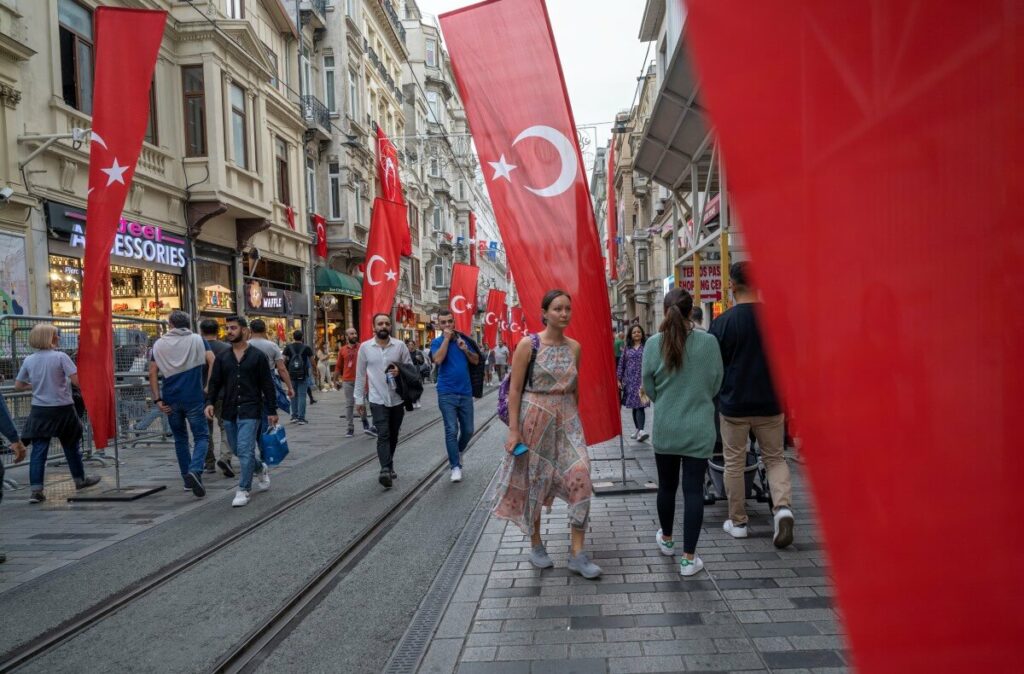Turkey’s Interior Ministry has announced that there are some 1 million foreign nationals living in İstanbul, about half of whom are refugees, contradicting a recent statement from the city’s mayor, who put the number of refugees in the city at over 2 million.
İstanbul Mayor Ekrem İmamoğlu, who was in Germany this week, criticized Europe and Turkey’s Justice and Development Party (AKP) government over their refugee policy, saying the refugee population in İstanbul has reached an unmanageable level.
He said there are nearly 2.5 million refugees in İstanbul, making up 17 to 18 percent of the city’s official population of 16 million.
“This is not right. It is unfair to both the refugees and to İstanbulites,” the mayor said, adding that the exact number of irregular migrants in Turkey is unknown.
However, the interior ministry said in a statement on X on Friday, based on data from the migration management authority, that there are 530,612 Syrians in İstanbul who have temporary protection and 3,252 foreigners who are under international protection.
The ministry also said 553,153 foreigners with residence permits live in the city.
The total number of foreigners living in İstanbul is 1,087,017, according to the ministry, much lower than the figure İmamoğlu claimed.
Without making any reference to İmamoğlu’s assertion, the ministry said, “Speculative statements that are not factual should not be trusted.”
The exact number of refugees in Turkey has long been a matter of debate, with critics of the AKP claiming that the number of refugees is much higher than the official figures.
They criticize the AKP government and its leader, President Recep Tayyip Erdoğan, for pursuing an open-door policy for refugees and allowing them into the country without any controls in place.
İmamoğlu, who was re-elected on March 31 and is seen as one of the strongest political rivals of Erdoğan, frequently criticizes Erdoğan and his AKP government for having triggered migration to Turkey, especially from Syria and Iraq, by interfering with the internal affairs of those countries in a way that contradicts Turkey’s view of foreign relations.
Turkey and EU signed a “statement of cooperation” in March 2016, which was designed to halt irregular migration from Turkey to the Greek islands. Under the agreement, migrants arriving irregularly could be returned to Turkey. In exchange, for every Syrian sent back, an EU member state would resettle one Syrian refugee from Turkey. Turkey was also promised 6 billion euros ($6.6 billion) for refugee aid and the prospect of visa-free travel to Europe for its citizens.
Critics claims the agreement has resulted in a constant increase in the number of refugees in Turkey, allowing the Turkish government to use the refugees as a “bargaining chip” against Europe.
According to the International Organization for Migration’s (IOM) World Migration Report 2024, Turkey is the leading host country for refugees worldwide, with nearly 3.6 million seeking shelter, mainly from war-torn Syria.

